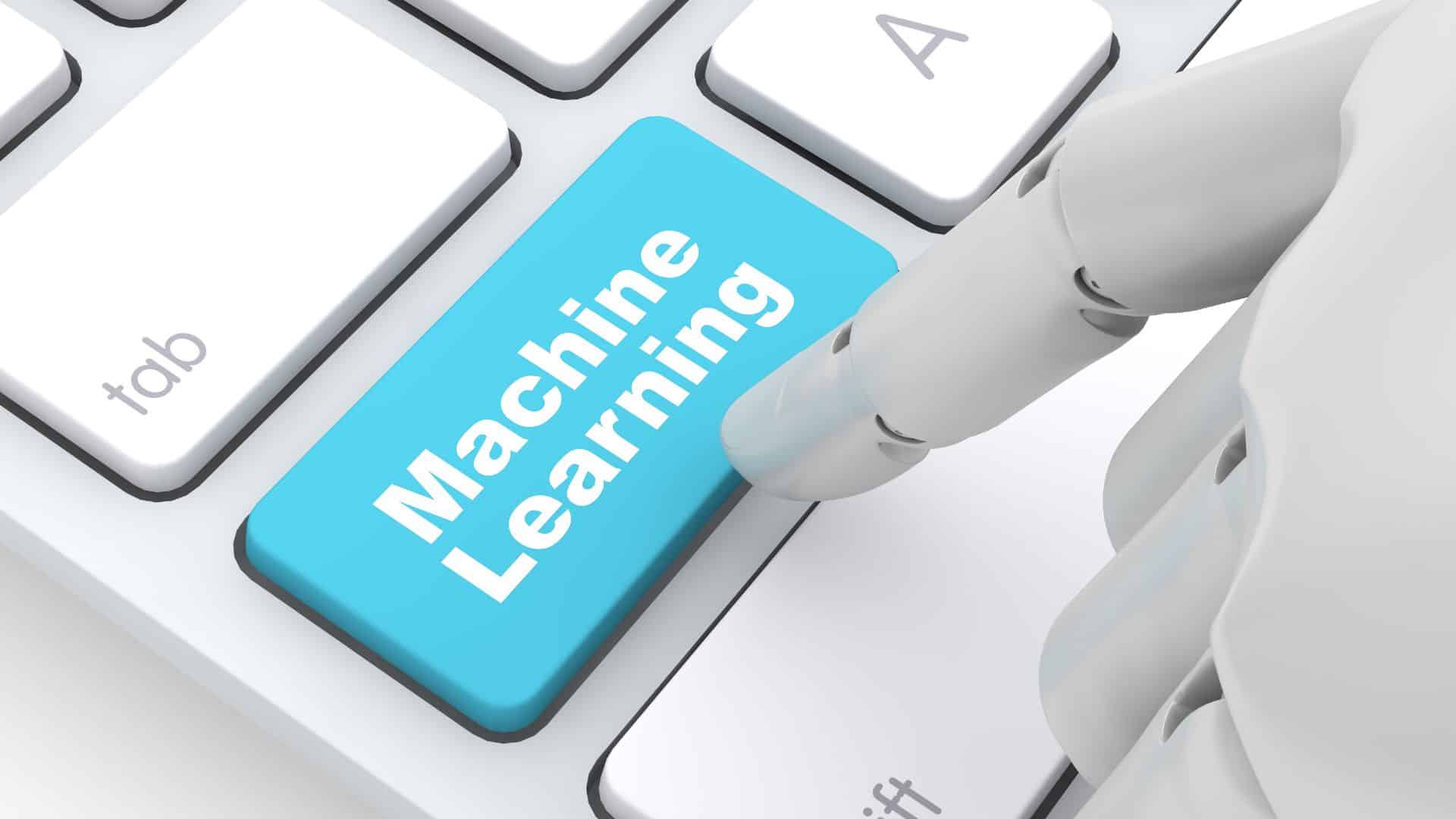What is Total Productive Management (TPM)?
While total productive management (TPM) is not a software solution, it sets many of the goals that software solutions are designed to achieve. TPM is a concept used in quality management. When it was first developed, its task was to systematically prevent disruptions in production. Since the 1950s, Japan has been the driving force behind the further development of the concept.
Different maintenance concepts were developed and eventually the tasks and steps for their implementation were systematized (“The 8 pillars of TPM”). Today, TPM is recognized as a management approach for improvement in all areas of a company, but the main focus is still on production. The primary focus of TPM is to systematically eliminate losses and waste. Ideally: zero defects, zero failures, zero quality losses, zero accidents, etc. To use TPM effectively, key performance indicators (KPIs) are indispensable. They are the benchmark for all TPM activities. One of the most important KPIs within the TPM concept is OEE (Overall Equipment Effectiveness) as a measure of the value added by the equipment.











